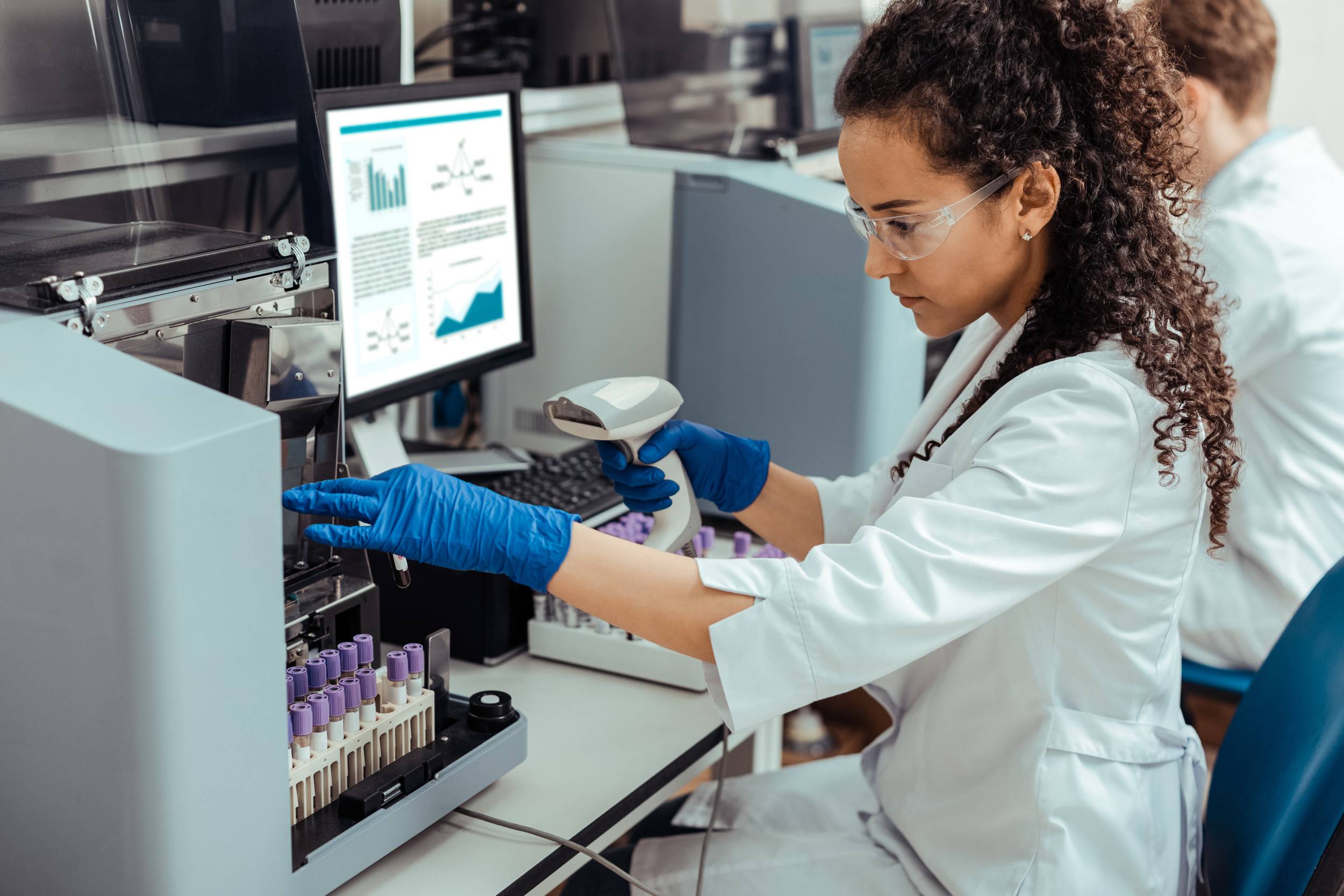6 Screening Tests That Could Save Your Life This Year
Health screenings are a proactive approach to identifying potential health issues early when they are most treatable. Regular tests not only help detect diseases before symptoms arise but can also prevent conditions from developing into severe complications. Here are six essential screening tests you should consider this year to prioritize your well-being:
1. Blood Pressure Screening
High blood pressure (hypertension) is often called the "silent killer" because it typically shows no symptoms but significantly increases the risk of heart disease and stroke.
- Why It's Important: Regular monitoring helps detect hypertension early, allowing for lifestyle changes or treatment before complications occur.
- Frequency: At least once a year for adults; more frequently if you have risk factors like obesity or a family history of heart disease.
- How It's Done: A quick, painless test using a blood pressure cuff at your doctor's office or pharmacy.
Tip: Monitor your blood pressure at home with a reliable device for consistent tracking.
2. Cholesterol Testing
Cholesterol levels can indicate your risk of developing heart disease or stroke.
- Why It's Important: High cholesterol often has no symptoms but can lead to plaque buildup in arteries.
- Frequency: Every 4-6 years for adults, or more often if you have risk factors like diabetes or smoking.
- How It's Done: A simple blood test measures LDL (bad cholesterol), HDL (good cholesterol), and triglycerides.
Preventive Measure: Adopt a heart-healthy diet to maintain optimal cholesterol levels.
3. Colonoscopy for Colorectal Cancer
Colorectal cancer is one of the most preventable yet deadly cancers.
- Why It's Important: Early detection allows for the removal of polyps before they turn cancerous.
- Frequency: Every 10 years starting at age 50, or earlier if you have a family history or symptoms.
- How It's Done: A doctor examines your colon using a flexible tube with a camera.
Alternative Tests: Non-invasive options like stool tests can also detect potential issues.
4. Mammograms for Breast Cancer
Breast cancer is highly treatable when detected early.
- Why It's Important: Early-stage breast cancer often has no symptoms but can be identified through imaging.
- Frequency: Every 1-2 years for women aged 50-74; earlier and more frequently if at high risk.
- How It's Done: X-ray imaging of the breast to identify abnormal tissue or lumps.
Self-Check Tip: Perform monthly breast self-examinations to catch any changes early.
5. Pap Smear and HPV Test
Cervical cancer screenings are essential for early detection and prevention.
- Why It's Important: Pap smears detect abnormal cells, while HPV tests identify the virus that causes most cervical cancers.
- Frequency: Pap smear every 3 years for women aged 21-65; combined Pap smear and HPV test every 5 years for women aged 30-65.
- How It's Done: A doctor collects a sample of cervical cells during a pelvic exam.
Preventive Action: Vaccination against HPV significantly reduces the risk of cervical cancer.
6. Diabetes Screening
Diabetes is a leading cause of heart disease, kidney failure, and blindness, but it can be managed effectively if detected early.
Why It's Important: Identifies prediabetes or diabetes before complications arise.
Frequency: Every 3 years for adults aged 45 and older; more often if overweight or with a family history.
How It's Done: A blood test measuring fasting glucose or A1C levels.
Lifestyle Tip: Regular exercise and a balanced diet can prevent or manage diabetes.
Why Regular Screenings Matter
- Routine screenings empower you to take control of your health by catching diseases early when they are most treatable. They can save you time, money, and, most importantly, your life.
If you're unsure which tests are right for you, consult your healthcare provider to create a personalized screening schedule. Don’t wait until symptoms appear—your health is worth the effort today.


